International research consortium launches global AI in higher education collaboration
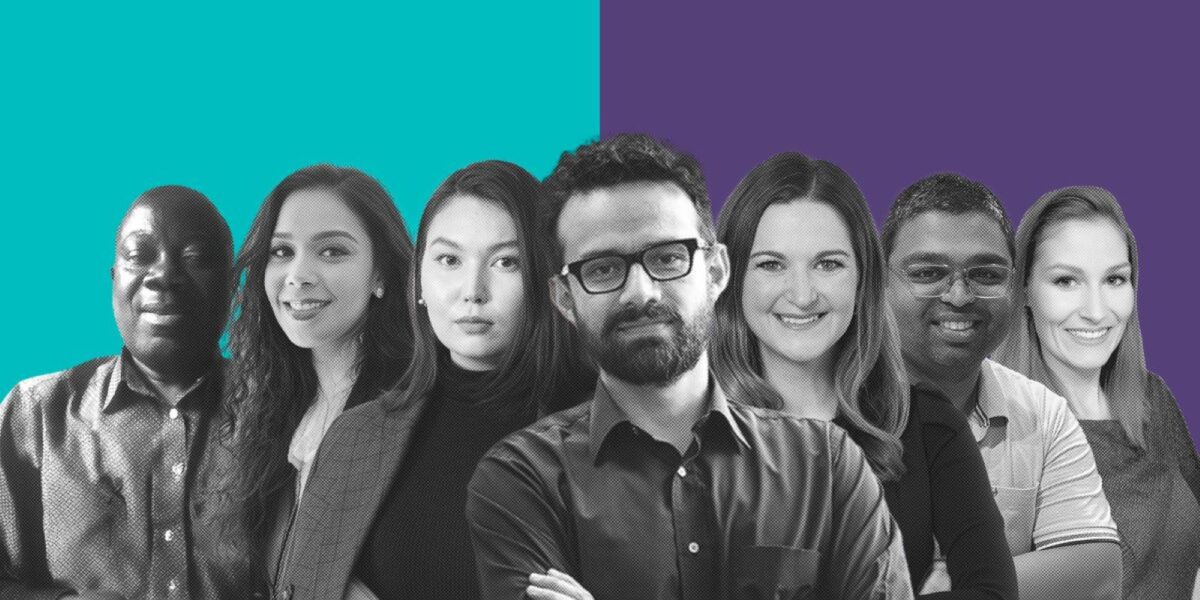
Qatar Foundation’s WISE develops research consortium with IIE and global universities to generate new insight into the role of AI in higher education and to support next generation workforce.
WISE – Qatar Foundation’s global initiative for education – has partnered with the Institute of International Education (IIE) and seven universities to explore the role of AI in higher education and skills development for the AI era.
The WISE Global Research Consortium on AI, higher education, and the global workforce is embarking on a series of studies, which will take place across diverse geographical contexts over the next 12 months. These have been designed to provide new insight on the integration of AI into curricula and practice, its role in closing the skills gap, and preparing students for the challenges and opportunities of an AI-driven world of work.
Research will take place in Africa, Asia, Europe, North America and South America. Consortium members taking part include Ashesi University (Ghana), Universidad Camilo Jose Cela (Spain), University of Pennsylvania (USA), The Birla Institute of Technology & Science (India), Nazarbayev University (Kazakhstan), Universidad de los Andes (Colombia) and Hamad Bin Khalifa University (Qatar). The research will be led by IIE in close collaboration with WISE and the university consortium. WISE’s research unit will also manage the Qatar element of the study in partnership with Hamad Bin Khalifa University.
To launch the new research initiative, the consortium met in New York during the UN General Assembly. Speaking about the development of the consortium, Stavros Yiannouka, CEO of WISE, said: “As the world rapidly transitions into an AI-driven era, the education landscape is shifting with it. This is a fundamental moment for education systems around the globe and higher education has a pivotal part to play. We need to delve deeper into the challenges and opportunities presented by AI and prepare students – and the future workforce – for the agility and resilience needed. As nations navigate the impact and potential of AI, higher education can build the bridge between theoretical knowledge and practical, industry-relevant skills.
We need to delve deeper into the challenges and opportunities presented by AI and prepare students – and the future workforce – for the agility and resilience needed.
“This is the first time we have developed a multi-partner research consortium of this nature – enabling us to explore these topics across different world regions and perspectives, to provide new insight with global relevance. Our aim is to help inform both policy and practice – and ensure this most potent of technologies is harnessed in the service of quality education for all.”
Research areas of focus include the impact of AI on workforce dynamics and how education can respond – considering strategies for collaboration between academia and industry, as well as upskilling and reskilling for academics and higher education leaders.
Allan E. Goodman, CEO, IIE, said: “We are excited to partner with WISE on this important undertaking. In doing so, we will leverage our history of researching the most crucial issues facing higher education, while leveraging deep networks of researchers and universities in all regions. This is an opportune moment to make sense of AI with sound research – and to wield it in service of the future of higher education, work, and the protracted global challenges that face us all. We are grateful to WISE, the Qatar Foundation, and our research partners for entrusting us to usher in a new era of technology-powered education for the greater good, together.”
This first of its kind research project is now underway and the findings will be presented at the next WISE Summit, taking place in Doha next year and attended by peers, experts and innovators from the global education community.


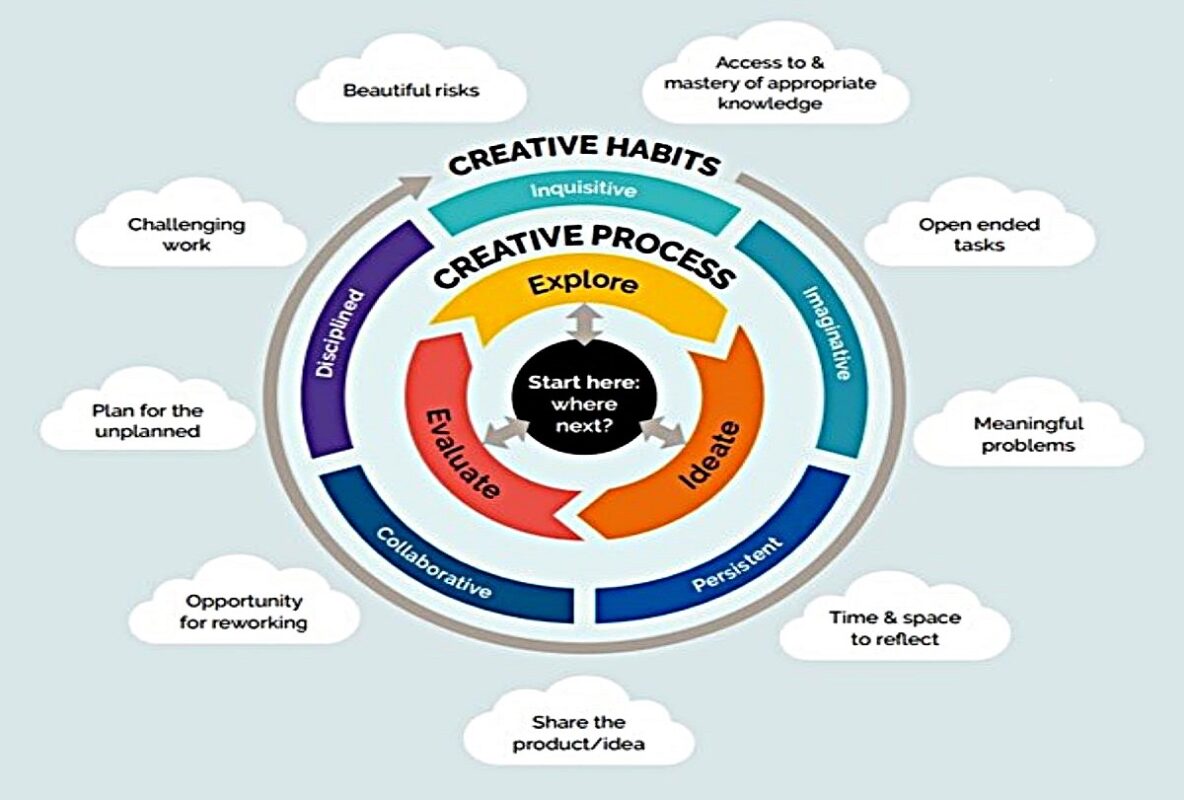
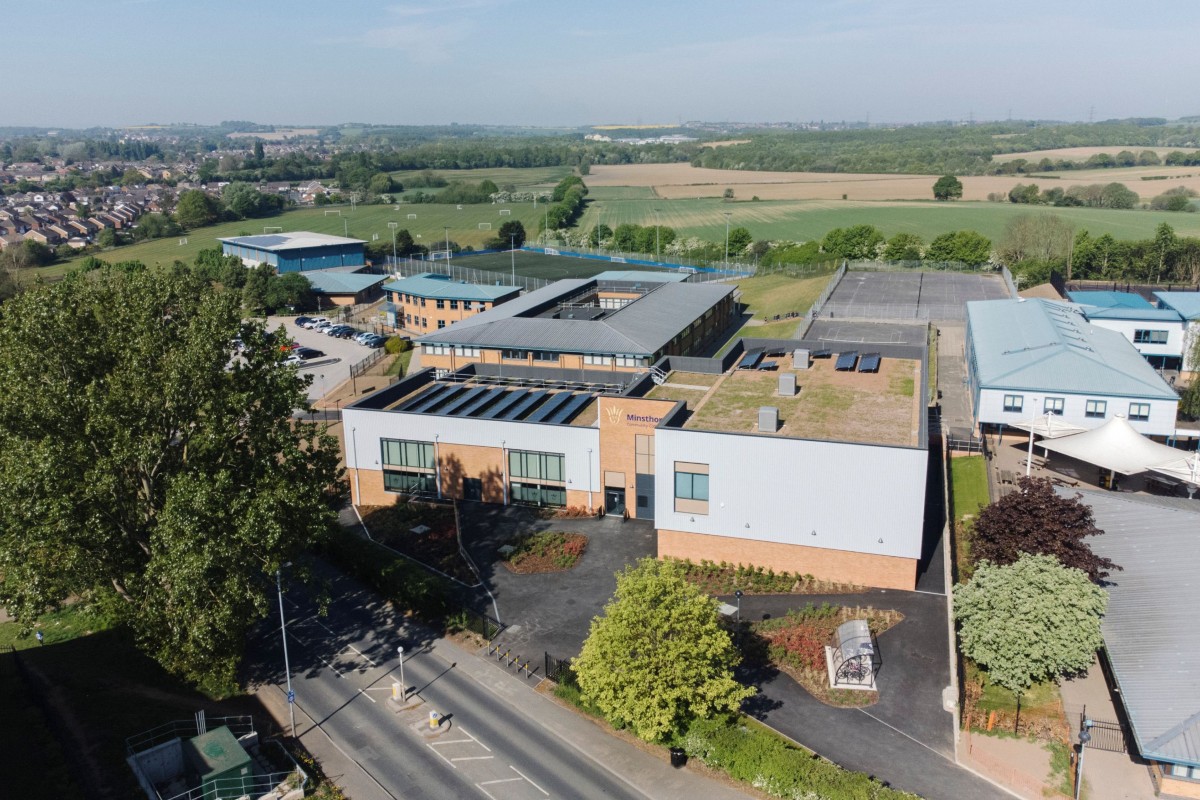
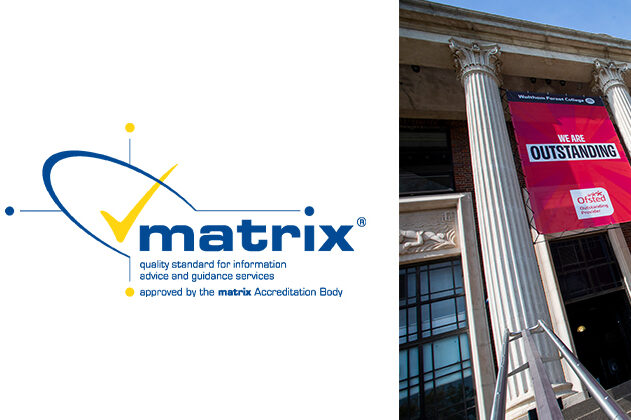

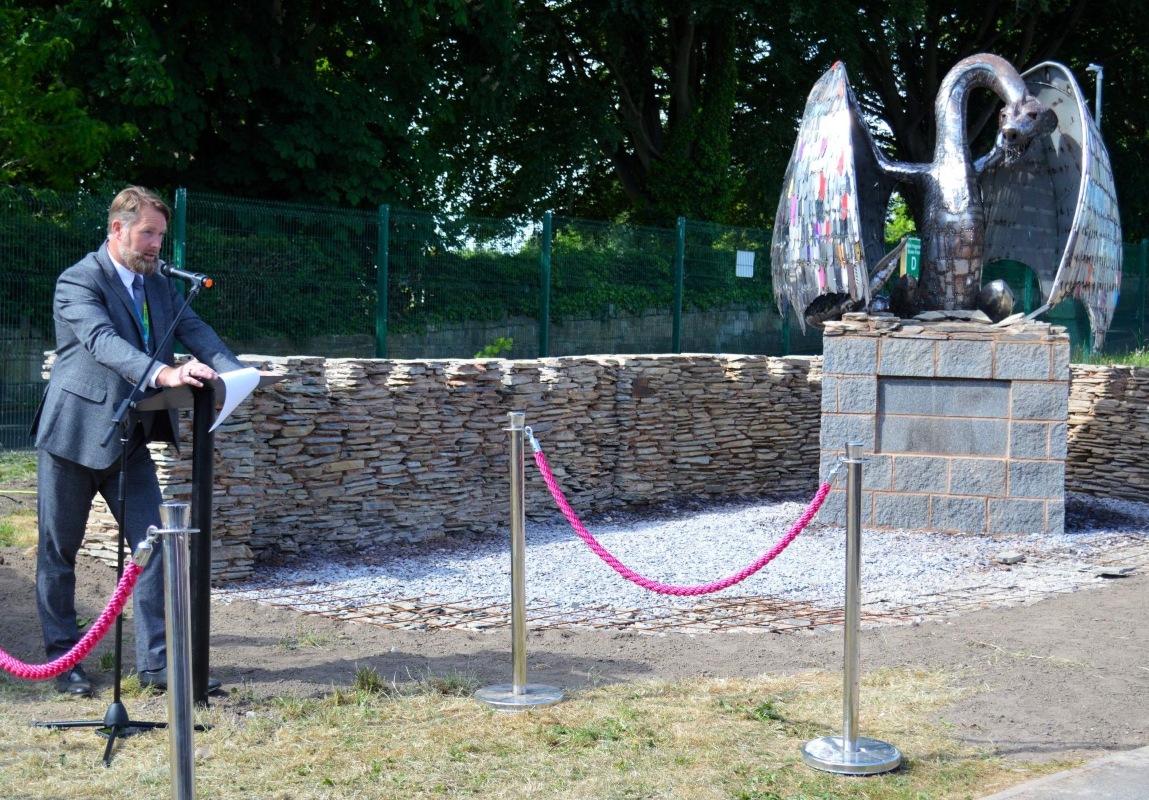
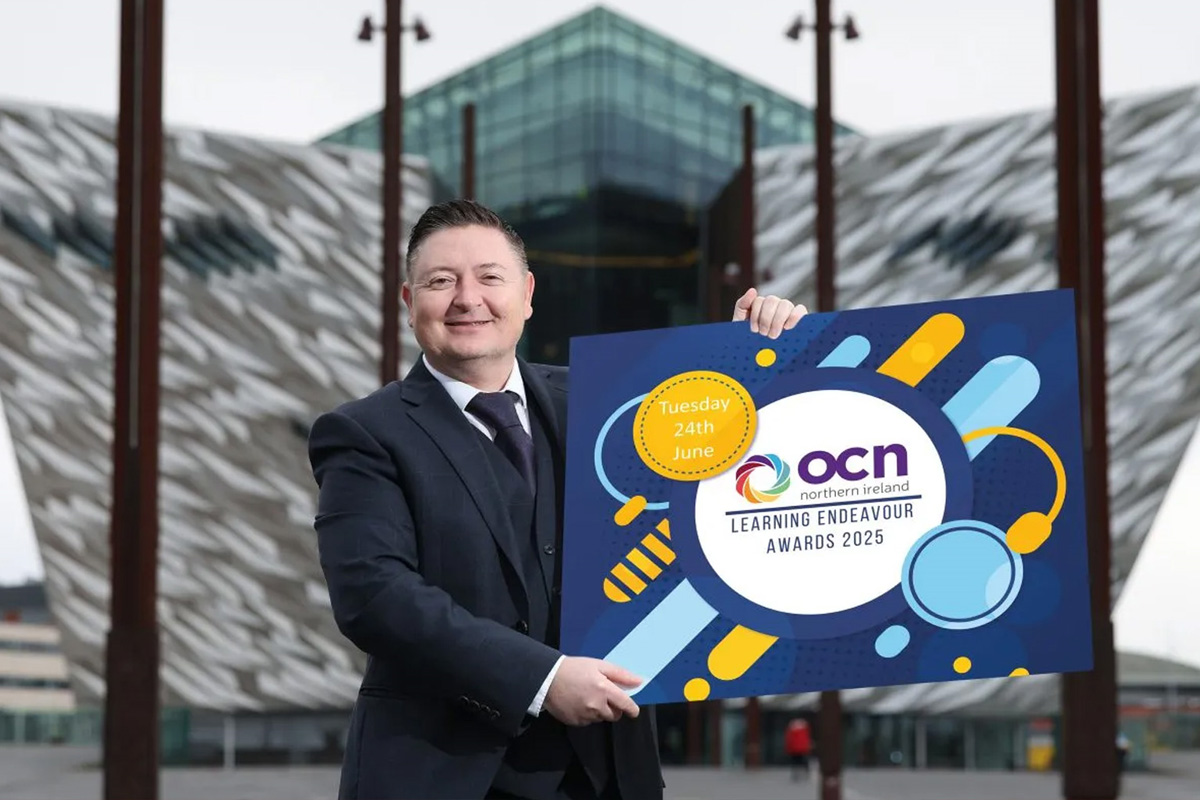


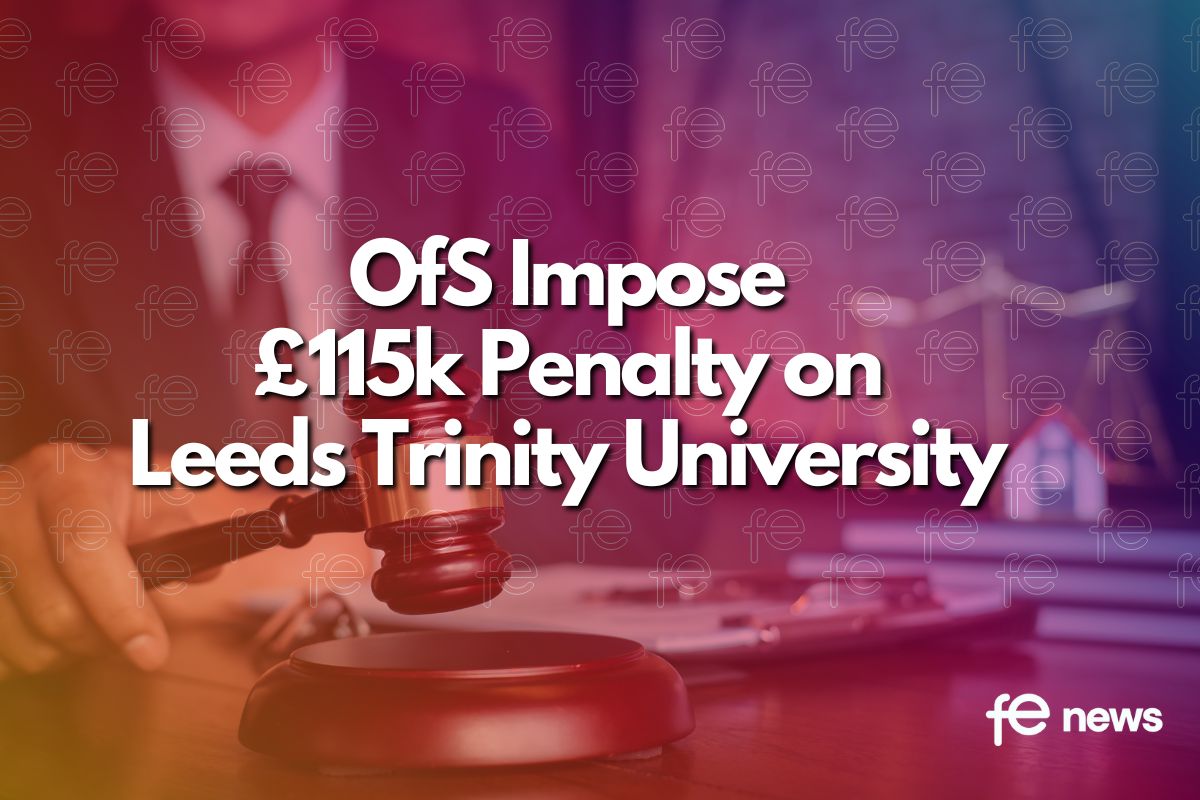
Responses